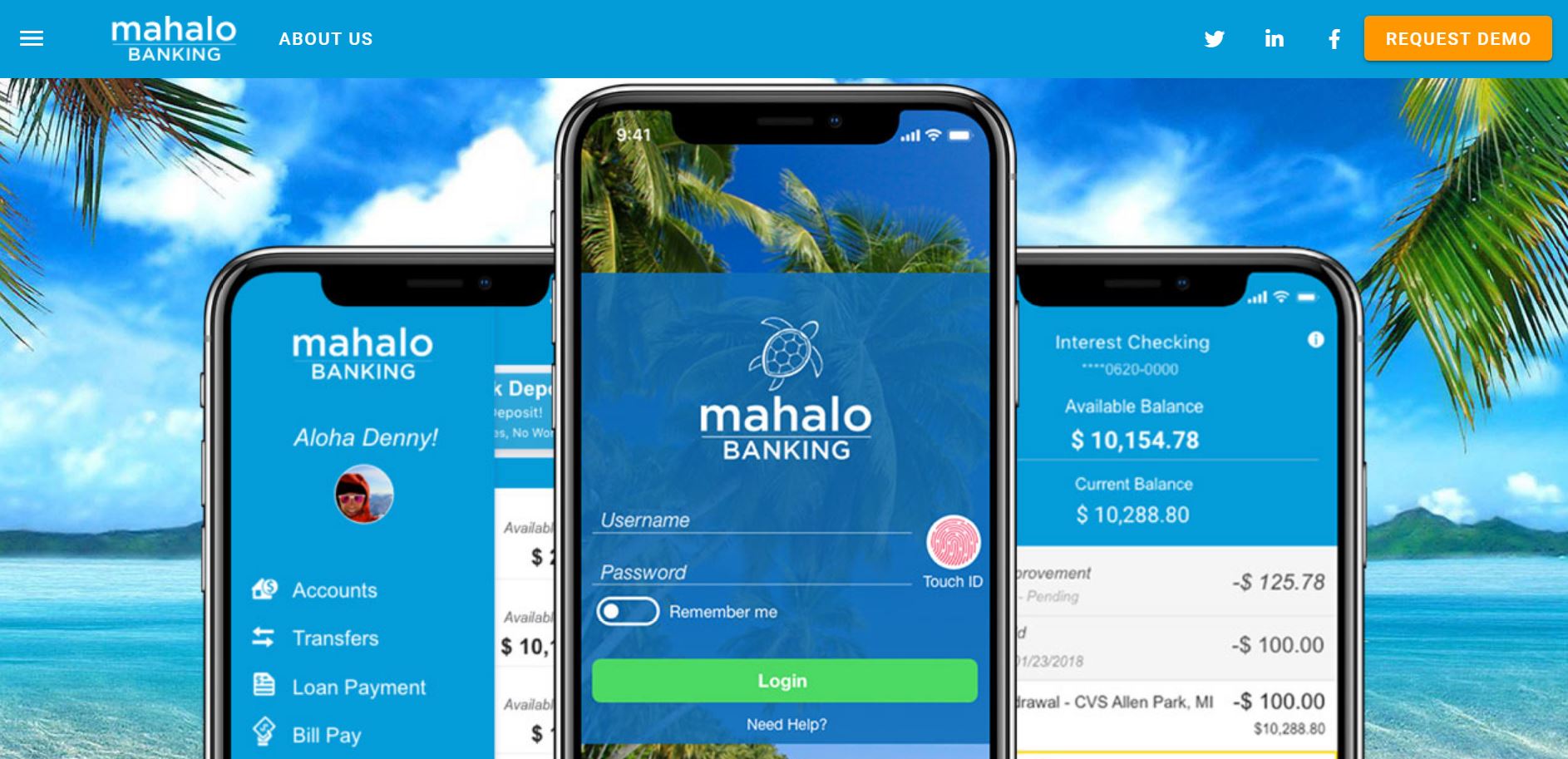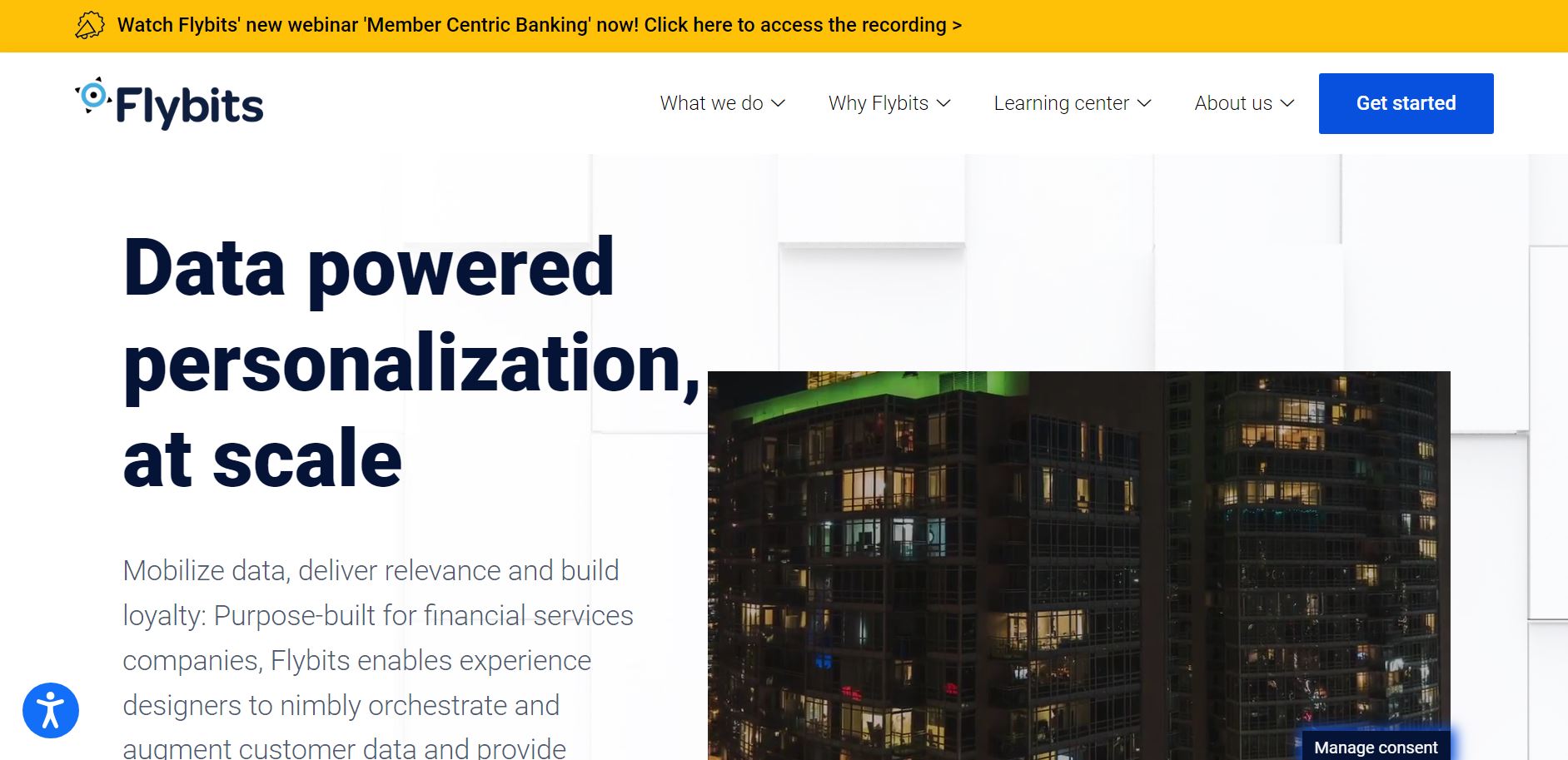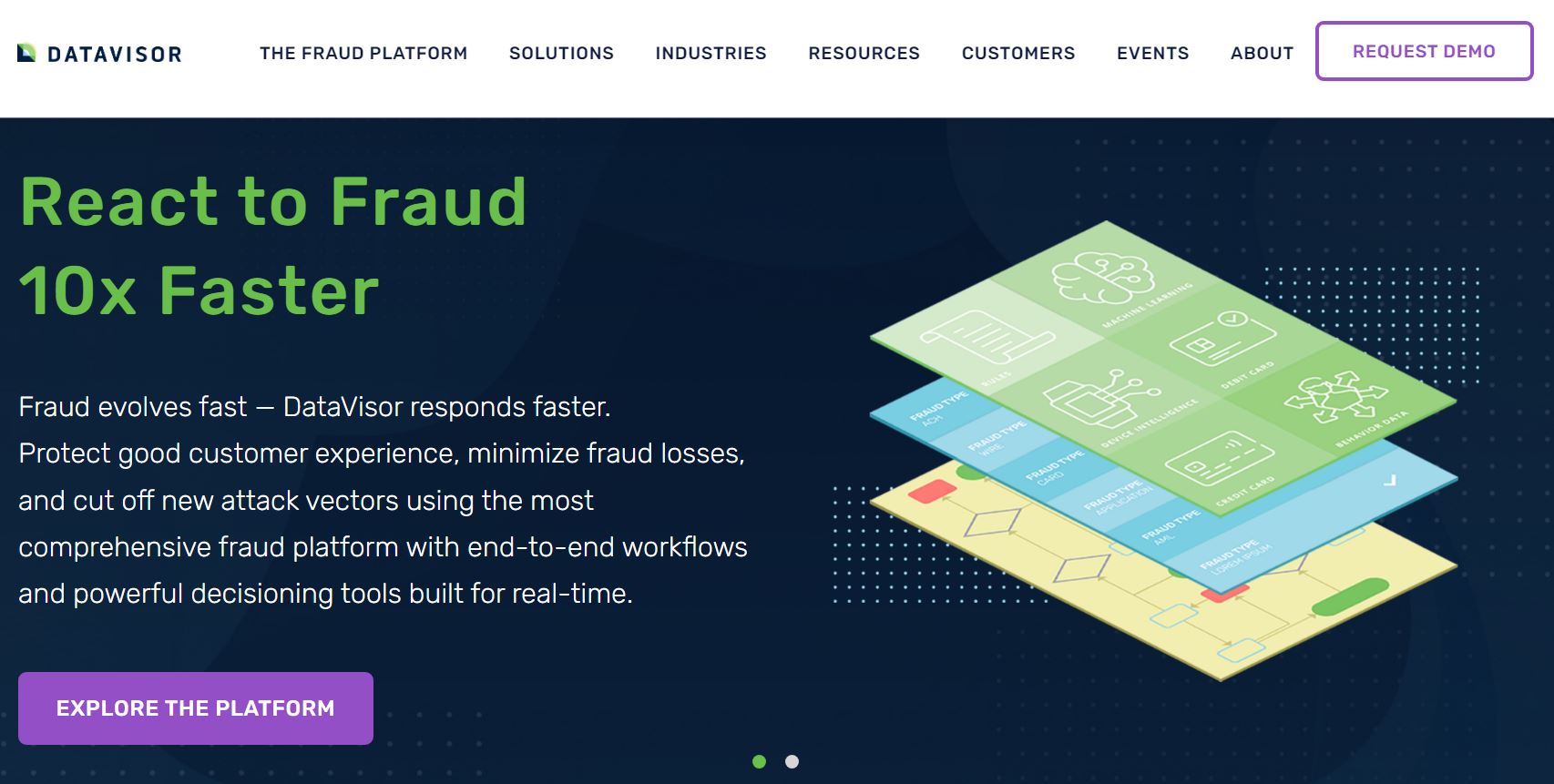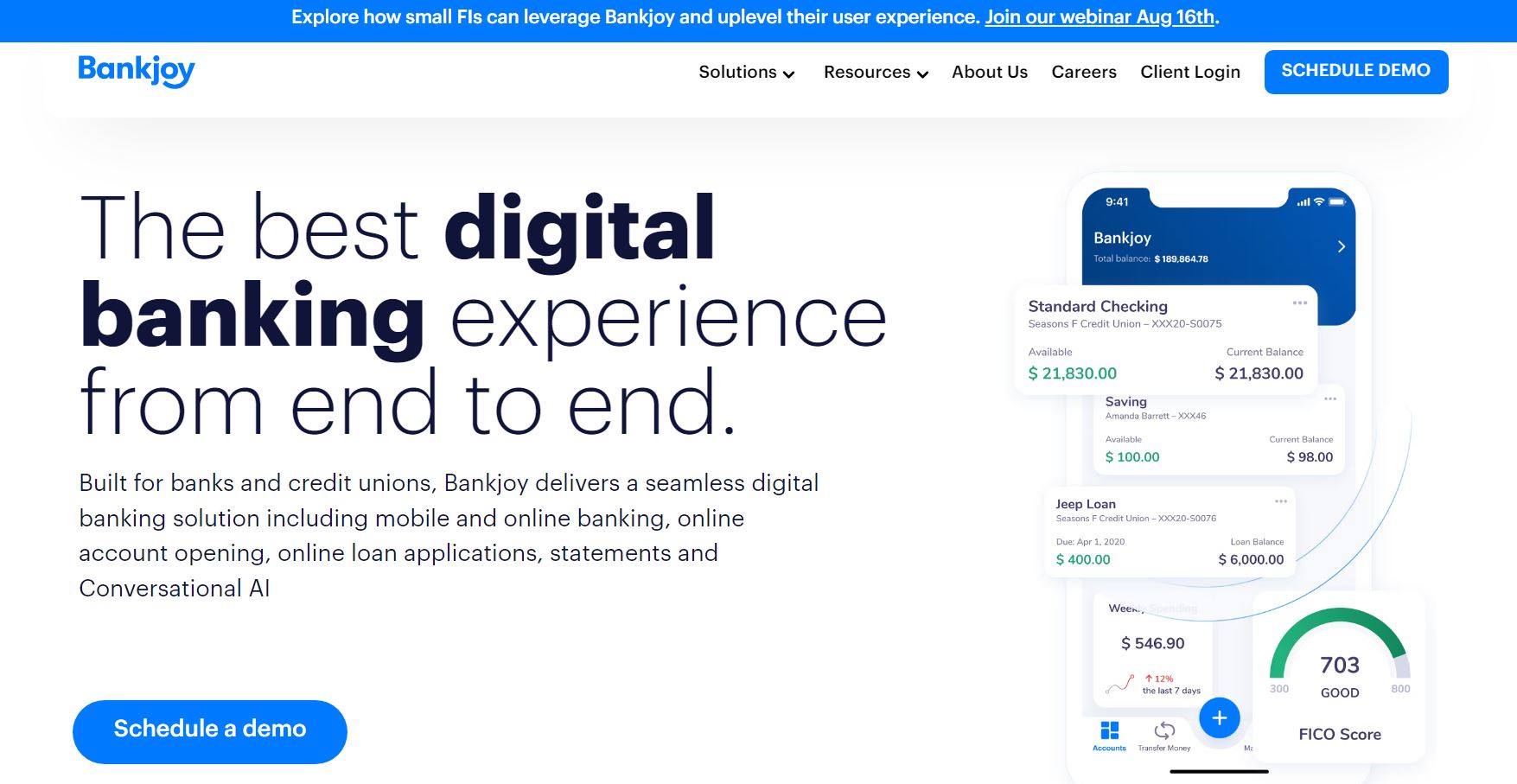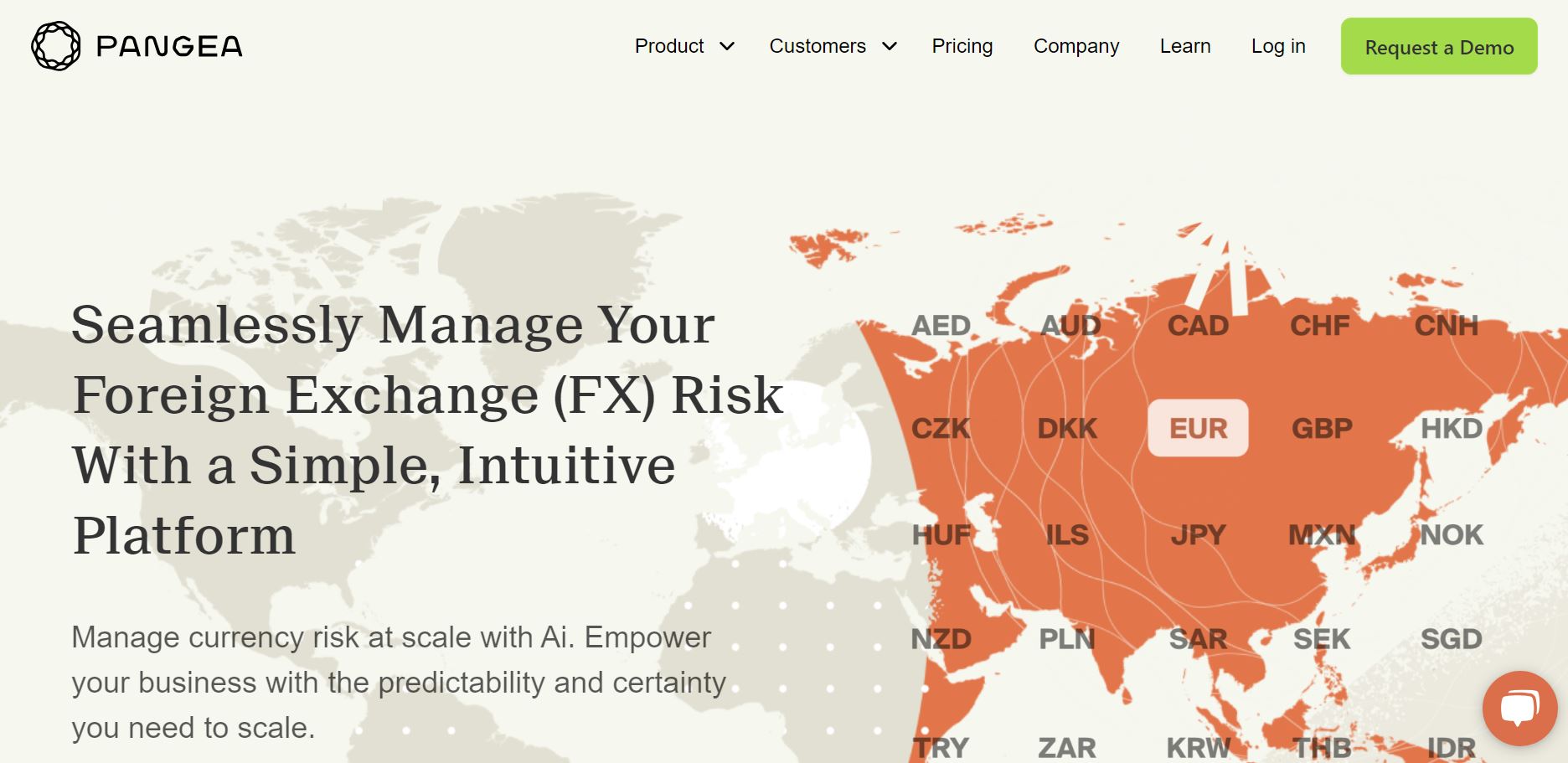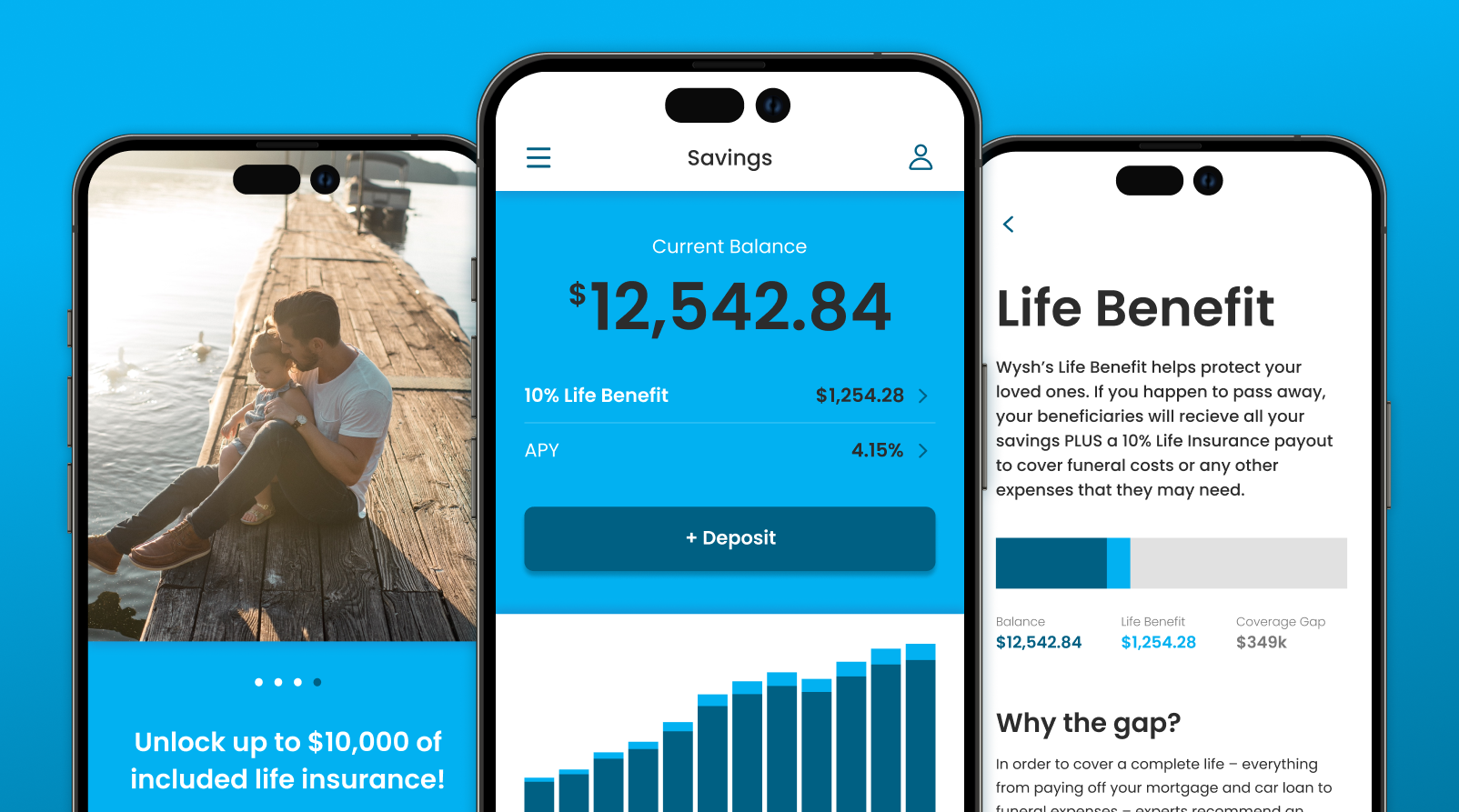
- Cybercrime analytics platform SpyCloud raised $110 million in Series D funding last week.
- The funding will help the company accelerate innovation in key use cases, as well as grow its database of recaptured data.
- Founded in 2016 and headquartered in Austin, Texas, SpyCloud won Best of Show in its Finovate debut in 2017.
Cybercrime analytics platform company SpyCloud has secured a $110 million growth round commitment of primary and secondary capital. The round, a Series D, was led by Riverwood Capital and featured participation from Silverton Partners. New valuation information was not provided. The investment takes the company’s total equity funding to more than $168 million, according to Crunchbase.
SpyCloud offers technology that enables the discovery and recapture of data from the Dark Web in order to better protect businesses from identity-based cyberattacks. Cybercriminals use these stolen employee credentials and consumer session data to attack businesses, individuals, and networks. SpyCloud’s approach to fighting cybercrime differs from traditional threat intelligence strategies by offering a credential monitoring and alert service that directly and proactively finds and recovers stolen assets from threat actors and other sources.
To date, SpyCloud has recaptured more than 450 billion assets, more than 31 billion passwords, and more than 33 billion email addresses. The company’s most recent platform enhancement, unveiled in January, provides what it calls “Post-Infection Remediation.” This protocol gives companies a framework to reset application credentials and invalidate session cookies in the wake of a cyberattack or breach.
In a statement, SpyCloud listed a number of ways the new capital will help fuel the company’s growth. The funding, for example, will enable SpyCloud to accelerate innovation across a number of use cases, including consumer risk and enterprise protection. The company will also be able to grow its database of recaptured malware assets, further develop its analytic capabilities, and add to its list of integrations. The platform is currently integrated with Active Director, Okta, and Tines.
“For the last seven years, we have proven that reacting quickly to identity and authentication exposures is the crucial factor in stopping the cycle of cybercrime,” SpyCloud CEO and co-founder Ted Ross said. “As authentication methods improve, businesses need to adjust their defenses to keep up with criminals’ new behavior. SpyCloud allows you to do just that – and we will continue to illuminate and resolve the most critical risks facing security teams today, stopping attacks they haven’t been able to see coming.”
SpyCloud won Best of Show in its Finovate debut at FinovateFall in 2017. Headquartered in Austin, Texas, the company was founded in 2016. More than 500 corporations – including half of the Fortune 10 – leverage SpyCloud’s technology to combat ransomware, account takeover, session hijacking, online fraud, and other cybercrimes.








